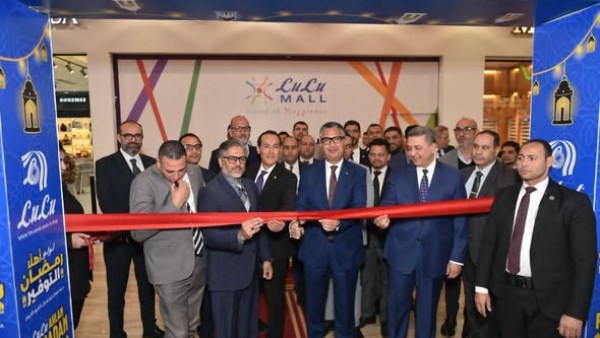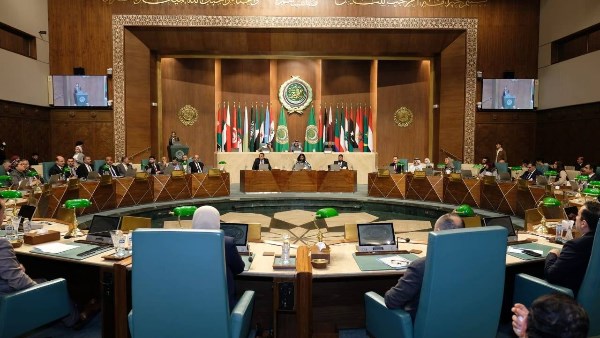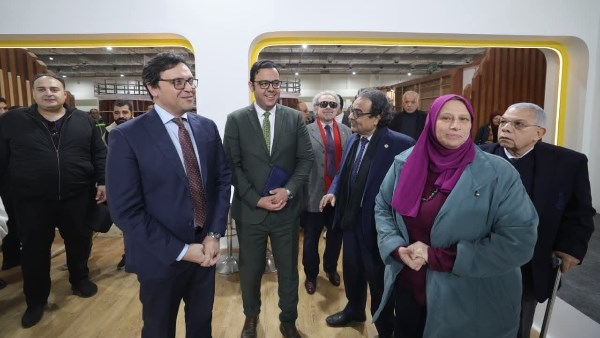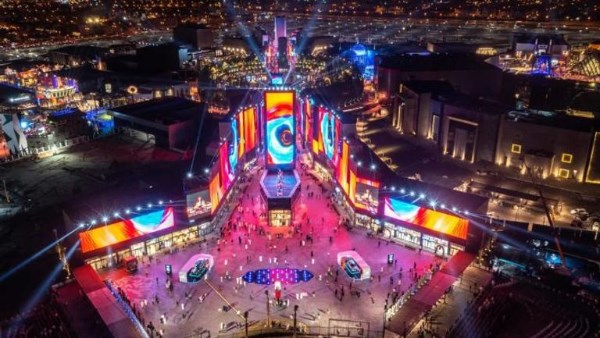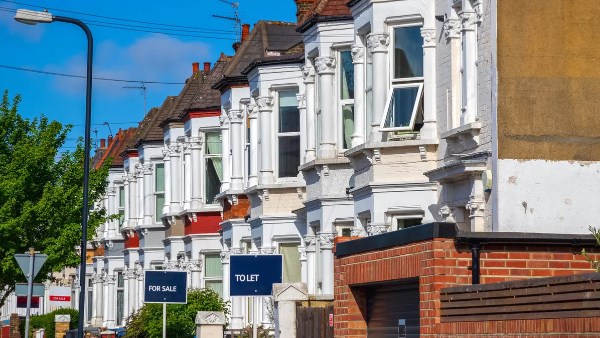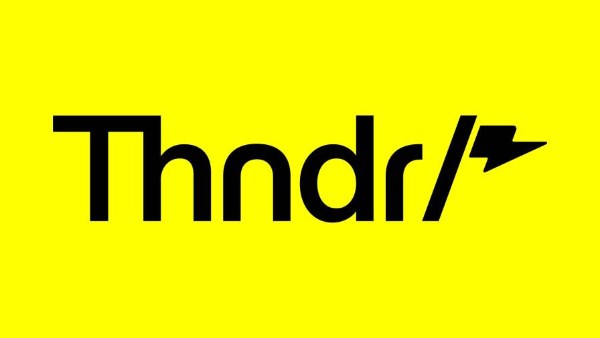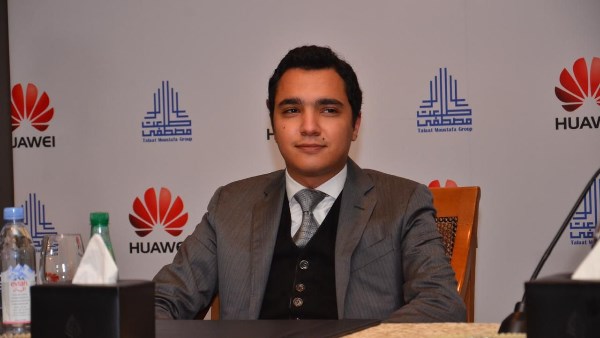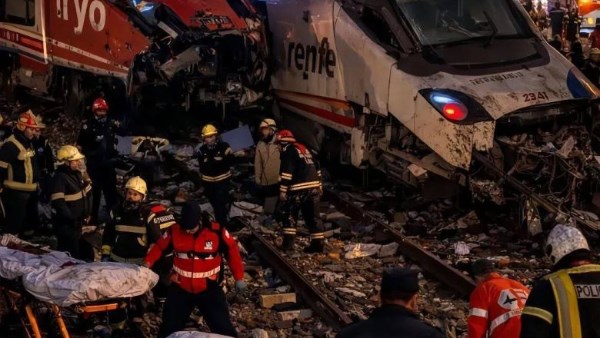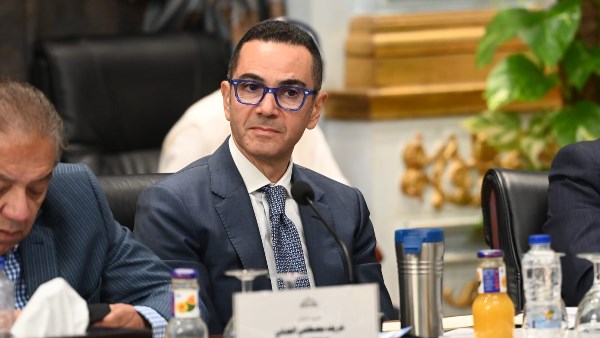
40% of global greenhouse gas (GHG) emissions come from buildings
Eurovent Middle East launches HVACR Leadership Academy to help unlock further energy savings in the UAE’s built environment

UAE increases emission target from 31% to 40% reduction by 2030
40% of global greenhouse gas (GHG) emissions come from buildings
25% energy savings can be achieved through simple preventive maintenance within HVACR equipment، 15% through better installation from skilled personnel and 20% through better operations
Eurovent Middle East has launched its new HVACR Leadership Academy during a press conference today at the Le Meridian Beach Resort and Spa، Dubai Marina، UAE. The Academy is an open platform to bundle course programmes for the professional development of HVACR Technicians and Engineers، considered a critical missing link between technology and energy savings in the fight for lower greenhouse gas emissions.

Stricter emissions
The announcement comes at a time when the UAE has set stricter emissions، announcing an increase in its target of 31% reduction to 40% by 2030، ahead of its hosting of the COP28 climate conference in November، as reported byBloomberg. TheClimate Grouphas noted that 40% of global greenhouse gas emissions come from buildings. In the UAE، up to 70% of buildings' energy consumption goes tocoolingand ventilation، leading to an overall consumption of more than 50% for the entire nation. Eurovent Middle East estimates that 25% energy savings can be achieved through simple preventive maintenance، 15% through better installation and 20% through better operations of HVACR equipment.
The Academy offers certified training courses for engineers and technicians، as well as knowledge development programmes for other HVACR professionals to increase the understanding of products and technologies، standards، and best practices in an industry which is crucial not only for health and comfort but whose energy footprint is rapidly growing around the world.
The impact on climate change
Mr Tariq Al Ghussein، President of Eurovent Middle East، underlines: “The fight for better energy efficiency to mitigate the impact on climate change is now omnipresent at all government levels. Our industry is investing heavily in better and more efficient products. The transition to alternative refrigerants is becoming a more pressing matter as well. All these developments depend heavily on HVACR professionals trained and educated in new technologies. Without capacity building، we cannot achieve the sustainability targets set by national governments.”
In line with its educational initiatives، Eurovent Middle East signed a cooperation agreement with the Italian training centre Centro Studi Galileo (CSG). Since the 1970s، CSG has been conducting training in Europe، the USA، Africa، and the Middle East and is accredited to certify HVAC/R technicians under the EU F-gas certification and the REAL Alternatives programme in cooperation with the consortium and the European Association of RAC contractors AREA.
Mr Marco Buoni، Managing Director of Centro Studi Galileo، added: “In the Middle East، as globally، there is an increasing need for competence in commissioning، installing، maintaining، and repairing HVAC/R systems. CSG has been helping – in tight cooperation with the United Nations – several GCC countries in setting up a national certification and training scheme through their legislation. The cooperation with Eurovent Middle East is the natural follow-up، and we are keen and honoured to be part of this important and needed process، thanks to this partnership”.

Benefits of better maintenance
Another partner in the Academy is Dr Iyad Al-Attar، an independent consultant specialising in Indoor Air Quality and Air Filtration and a lecturer at several highly renowned universities and institutes، who spoke on the benefits of better maintenance in terms of building occupants' health and safety.
During the press conference، Dr. Iyad Al Attar concluded:“Raising the bar of Indoor Air Quality (IAQ) has become a pressing issue facing our well-being and livelihood. Ultimately، the emphasis has shifted towards clean air and the methodologies that avail it. Therefore، it is imperative to embark on professional learning journeys where science meets the industry to take air quality and filtration selections، practices، and policies to the next level. “





-1120252475029447.jpg)



